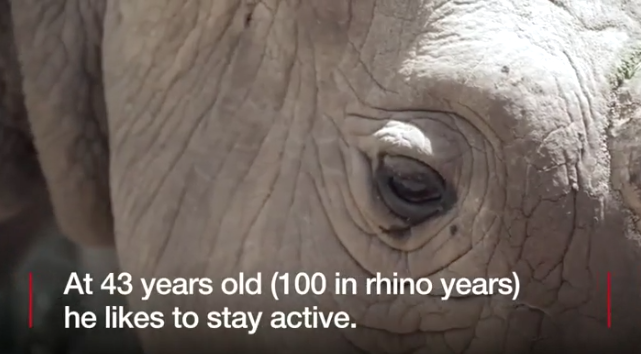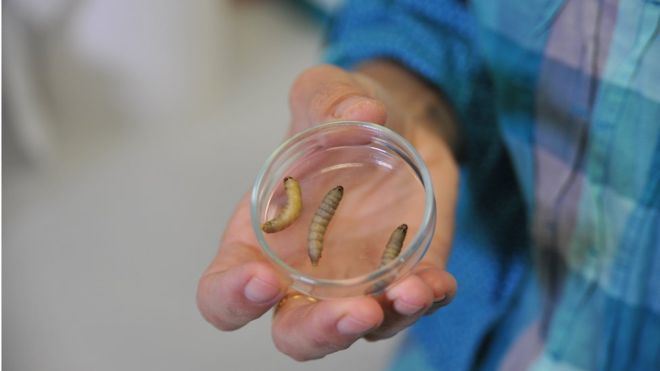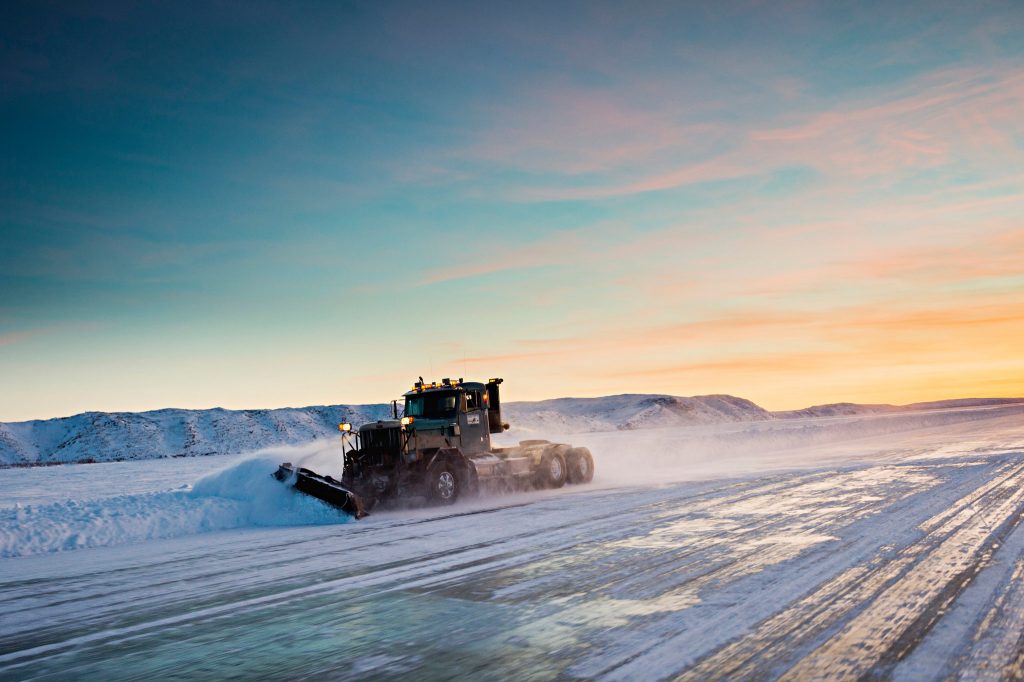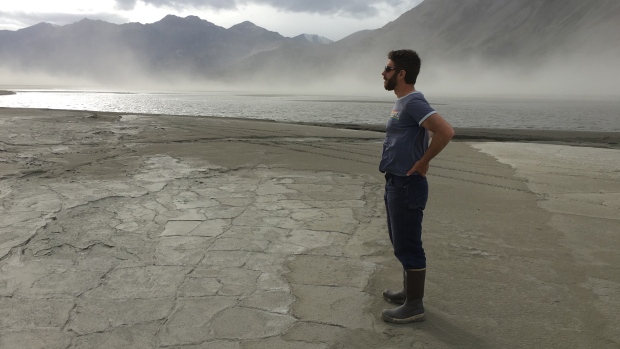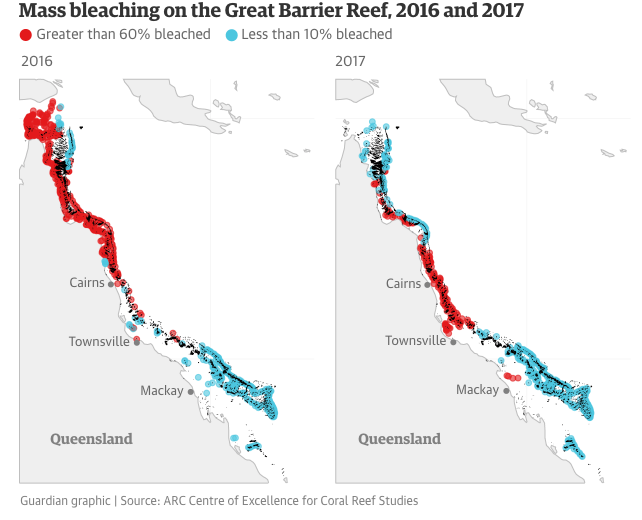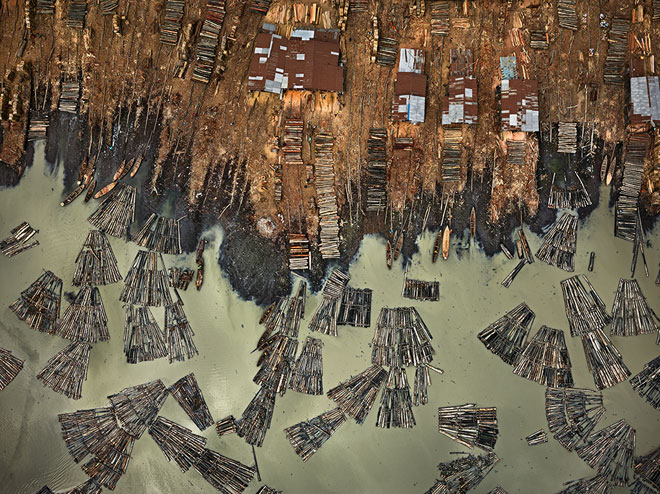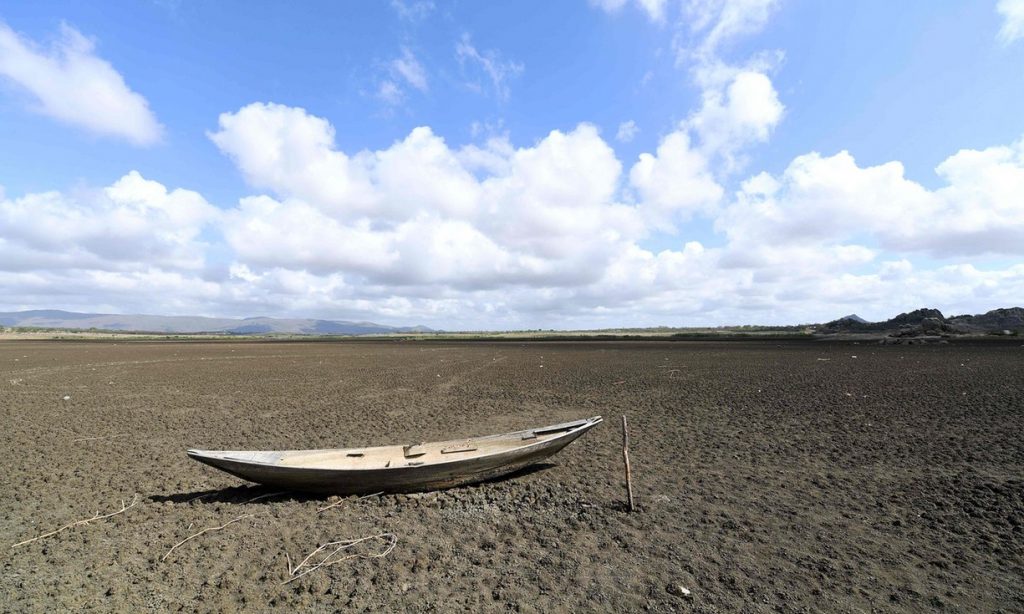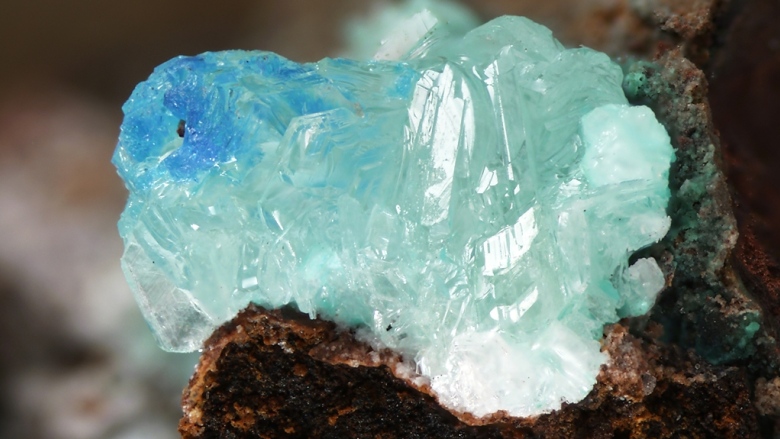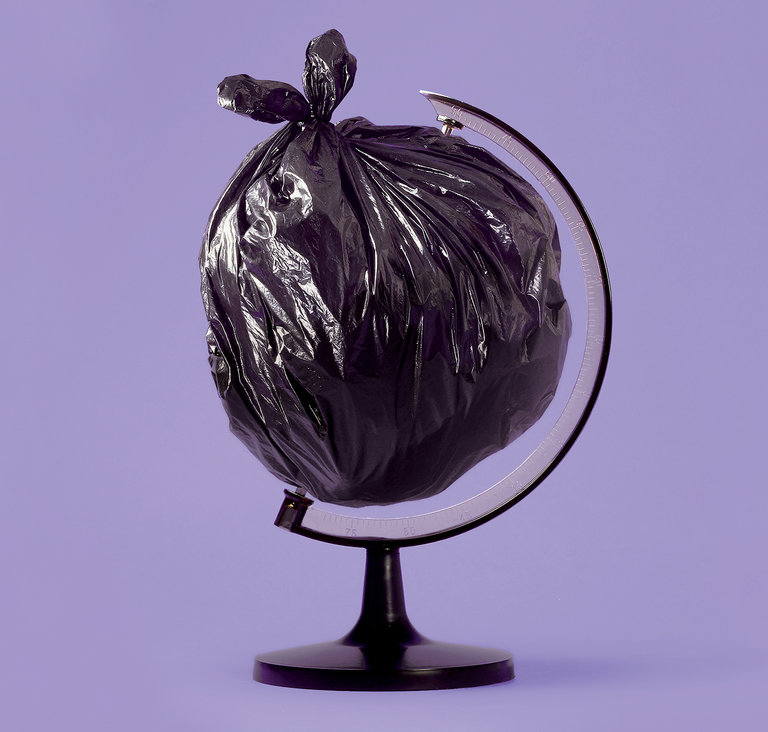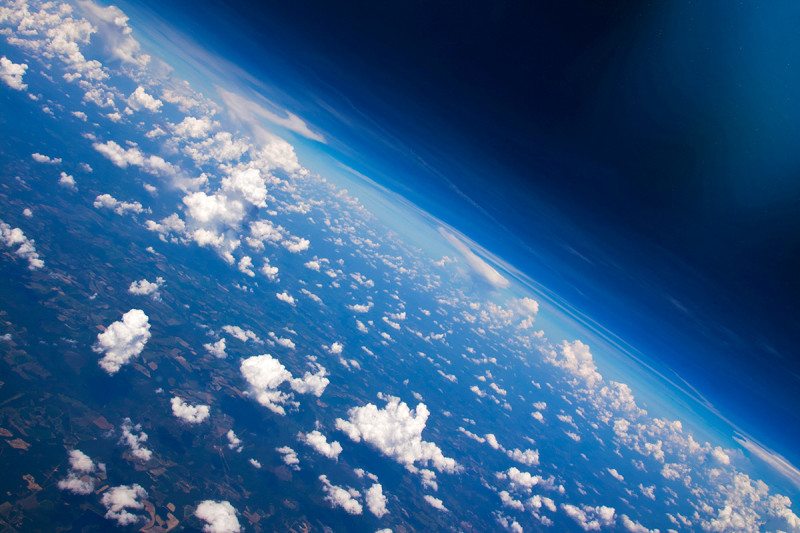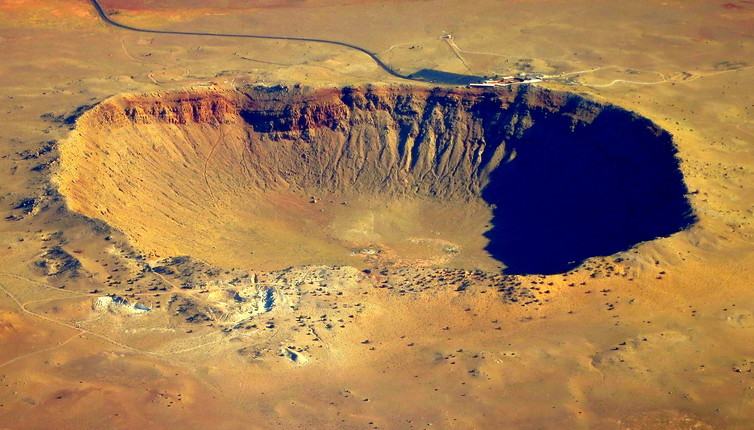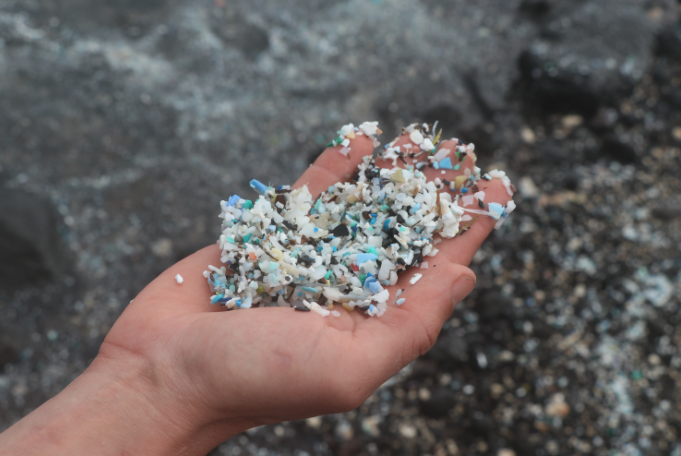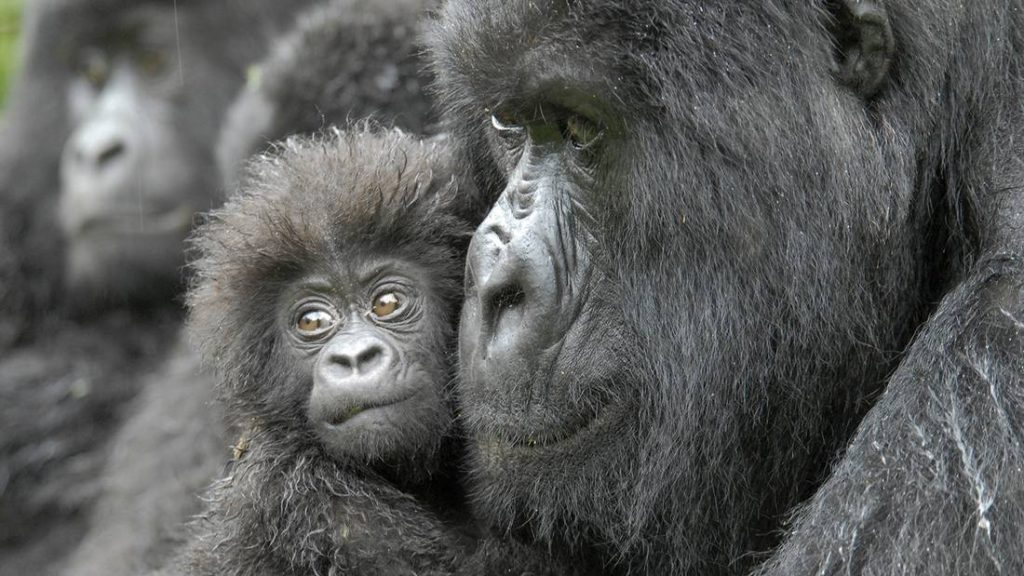Project Press
[PRESS RELEASE] The Movie Network Announces Canadian Original Documentary Development and Production Slate
TORONTO, April 27, 2017 /CNW/ – As the documentary world gathers at the 2017 Hot Docs Canadian International Documentary Festival, Bell Media’s The Movie Network (TMN) has confirmed its commitment to the development and production of a diverse array of provocative, compelling documentaries from some of Canada’s finest filmmakers. The list of eight new works commissioned…
Read MoreLast male northern white rhino joins Tinder to raise money
BBC News The last male northern white rhino on earth has joined the dating app Tinder – as part of fundraising efforts by conservationists to save the species. At 43 (or 100 in rhino years), Sudan is described as “one of a kind”, who likes to eat grass and chill in the mud. Attempts to…
Read MorePlastic-eating caterpillar could munch waste, scientists say
By Helen Briggs | BBC News A caterpillar that munches on plastic bags could hold the key to tackling plastic pollution, scientists say. Researchers at Cambridge University have discovered that the larvae of the moth, which eats wax in bee hives, can also degrade plastic. Experiments show the insect can break down the chemical bonds of…
Read MoreIce Roads Ease Isolation in Canada’s North, but They’re Melting Too Soon
By Dan Levin | The New York Times ON THE TLICHO WINTER ROAD, Northwest Territories — In Canada’s northern latitudes, the frigid winter means freedom. That is when lakes and rivers freeze into pavements of marbled blue ice. For a few months, trucks can haul fuel or lumber or diamonds or a moose carcass to the…
Read MoreClimate change causes glacial river in Yukon to change direction
By Brandie Weikle | CBC News Climate change has caused the massive Kaskawulsh Glacier in the Yukon to retreat so much that its meltwater abruptly switched direction, in the first documented case of “river piracy” in modern times. Instead of flowing into the Slims River and then north to the Bering Sea, the water has changed course and now flows…
Read MoreGreat Barrier Reef at ‘terminal stage’: scientists despair at latest coral bleaching data
By Christopher Knaus and Nick Evershed | The Guardian Back-to-back severe bleaching events have affected two-thirds of Australia’s Great Barrier Reef, new aerial surveys have found. The findings have caused alarm among scientists, who say the proximity of the 2016 and 2017 bleaching events is unprecedented for the reef, and will give damaged coral little chance to recover.…
Read More[TALK] Anthropocene: Edward Burtynsky, Jennifer Baichwal, Nick de Pencier
Wednesday May 3, 2017 8 pm Baillie Court, Art Gallery of Ontario Members $15 | Public $17 | Students $10 Tickets available online Thursday March 23 BUY TICKETS Join us for a conversation with renowned photographer Edward Burtynsky and acclaimed filmmakers Jennifer Baichwal and Nick de Pencier. They will be discussing their latest collaborative project—Anthropocene —…
Read MoreRecord-breaking climate change pushes world into ‘uncharted territory’
By Damian Carrington | The Guardian The record-breaking heat that made 2016 the hottest year ever recorded has continued into 2017, pushing the world into “truly uncharted territory”, according to the World Meteorological Organisation. The WMO’s assessment of the climate in 2016, published on Tuesday, reports unprecedented heat across the globe, exceptionally low ice at both…
Read MoreWe’ve created 208 new minerals: Time for a new, human-influenced Anthropocene epoch?
By Nicole Mortillaro | CBC News Humans have created 208 new minerals, bolstering the argument that the planet has entered a new epoch in its geological history, a study being published today finds. In the study, published in American Mineralogist, the researchers explain that the influx of minerals is the largest since the increase of oxygen in…
Read MoreWill naming the Anthropocene lead to acceptance of our planet-level impact?
By Lehigh University | EurekaAlert “What’s in a name? That which we call a rose by any other name would smell as sweet.” This phrase–from William Shakespeare’s tragic play Romeo & Juliet–is among the most famous acknowledgements in Western culture of the power of naming to shape human perception. According to the International Union of Geological…
Read MoreIs the ‘Anthropocene’ Epoch a Condemnation of Human Interference — or a Call for More?
By Wesley Yang | The New York Times Perhaps you’ve noticed, amid the hot invective and dry mockery of daily events in your social-media feeds, reports of the glaciers melting at each pole. Arctic ice cover reached record lows this summer and fall, while in Antarctica, we saw the continuing enlargement of an already massive crack…
Read MoreSimple equation shows how human activity is trashing the planet
By Owen Gaffney | New Scientist Homo sapiens now rivals the great forces of nature. Humanity is a prime driver of change of the Earth system. Industrialised societies alter the planet on a scale equivalent to an asteroid impact. This is how the Anthropocene– the proposed new geological period in which human activity profoundly shapes the environment –…
Read MoreIntroducing the terrifying mathematics of the Anthropocene
By Owen Gaffney and Will Steffen | The Conversation Here are some surprising facts about humans’ effect on planet Earth. We have made enough concrete to create an exact replica of Earth 2mm thick. We have produced enough plastic to wrap Earth in clingfilm. We are creating “technofossils”, a new term for congealed human-made materials – plastics…
Read MoreSea Unworthy: A Personal Journey into the Pacific Garbage Patch [Slide Show]
By Erica Cirino | Scientific American More plastic in the oceans, found at greater depths than thought, would mean a bigger threat to environmental—and possibly human—health. View the slide show and continue reading on Scientific American.
Read MorePrimates face mass extinction by mid-century, scientists warn
By Ivan Semeniuk | The Globe and Mail Primates are now so threatened by human activity that the group is heading for “a major extinction event” by the middle of this century, scientists warn. The grim forecast comes from a global assessment of all known species of primates, the mammalian order to which humans belong and whose members…
Read More
